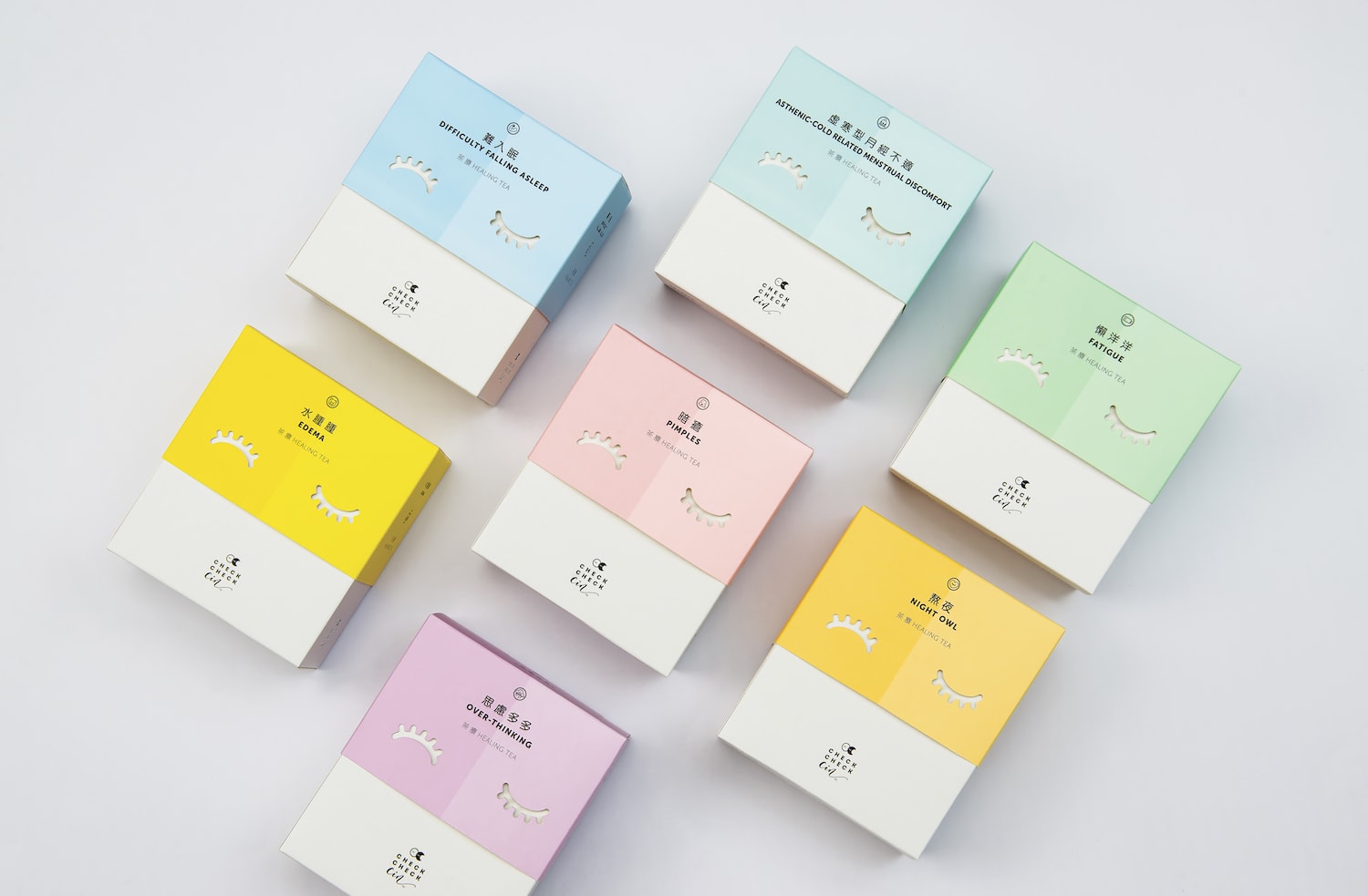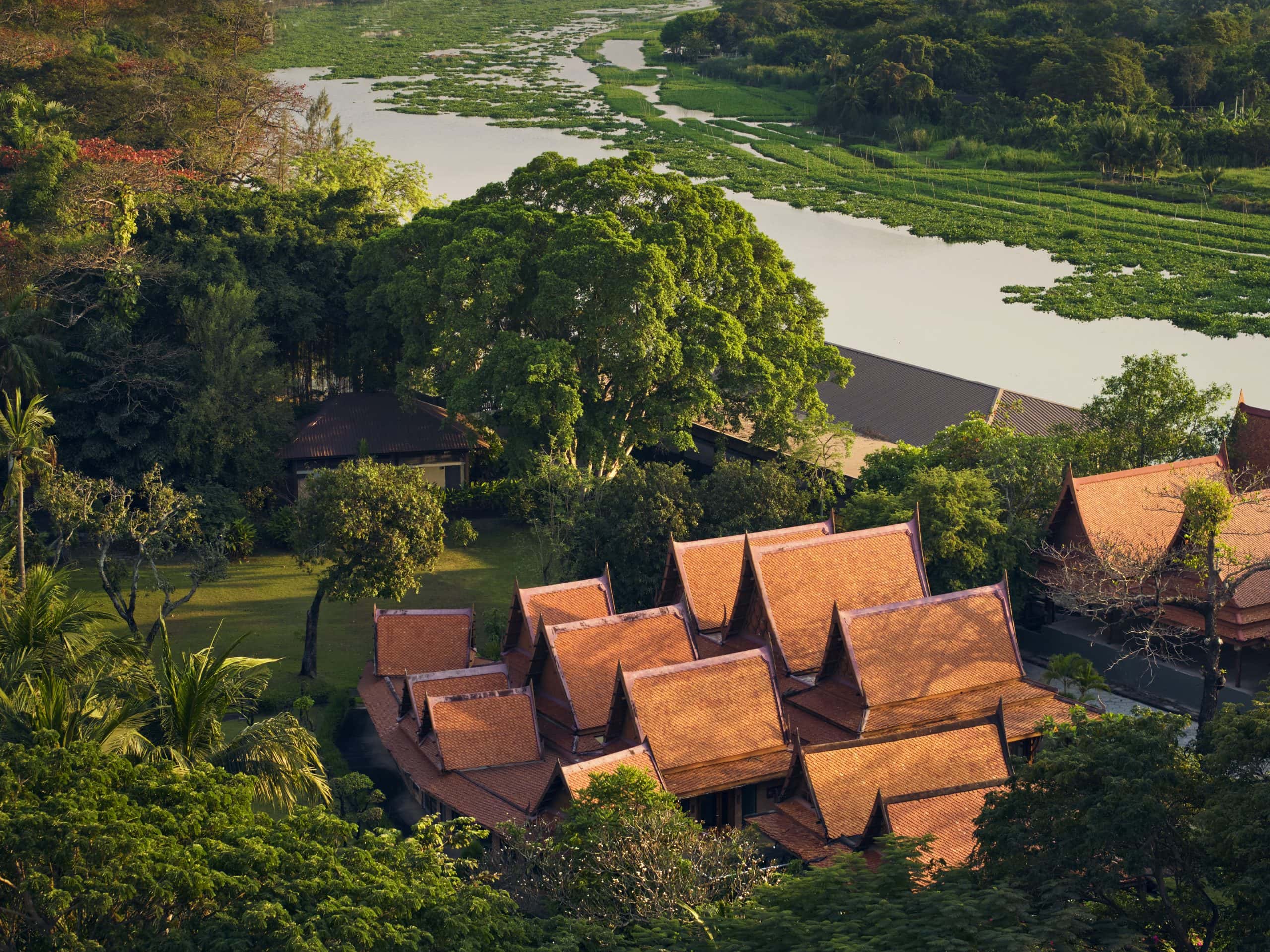Traditional Chinese Medicine (TCM) and Western Medicine are often put in opposition to one another, but it’s not about picking sides. The ancient practice has long been used not simply for healing ailments but as a preventative health measure, and now finds itself used to complement modern medicine in medical practices and wellness retreats around the globe. Registered Chinese Medicine Practitioner, Cinci Leung, has been using TCM her entire life, but in recent years has turned it into a business with the best-selling book series “Chinese Healing Soups 1, 2, 3” and her TCM product and cafe franchise CheckCheckCin. We caught up with Cinci to learn more about how TCM can be used for everyday wellness and unpack some of the biggest misconceptions.

For complete newbies: what is Traditional Chinese Medicine and what does it have to do with wellness? Traditional Chinese medicine (TCM) is a broad range of medicine practices sharing common concepts which have been developed in China and are based on a tradition of more than 2,000 years, including various forms of herbal medicine, acupuncture, massage (Tui na), exercise (qigong), and dietary therapy. Wellness is about balance and harmony in our bodies and TCM aims to put the body back into balance for people to maintain health and wellbeing.
When and why did you start using TCM? I started using TCM when I was a child as my parents would go for TCM remedies for different symptoms.
See also: 5 Ways To Use TCM Superfood Lingzhi Every Day
How does TCM differ to western medical practices, or from holistic wellness practices? TCM theory believes in the concept of holistic diagnosis and treatment, rather than solely treating the disease itself. Chinese medicine is centred on four diagnostic methods, which include inspection, olfaction (smelling and listening), inquiry, and pulse-taking and palpation. We collect all the information and process it systematically before coming down to a diagnosis.
What has been the most surprising thing you’ve learnt about TCM? That the theories behind TCM explain many traditional Chinese ‘old wives tales’.

What’s the biggest change you’ve seen in your life in your own experience of TCM? It has to be my personal wellbeing! Before studying TCM and learning about the theory and concepts behind, I got sick pretty often with the flu and common urban sickness. Along the way I adapted the theories and put them into practice—naturally, I get sick less as I understand my body better.
What are your favourite TCM products? CheckCheckCin Healing Tea series is my favourite TCM products.
How can TCM be incorporated into your everyday life? TCM believes in preventive healthcare. For example, all foods are considered to be in a hot, cold and mild category. To maintain the harmony of our bodies in balance, we should consume more food in the mild category, and avoid cold or raw foods. At home, I prepare rice water (made from red rice, white rice and coix seeds) for the whole family to consume daily. This is to believe to help strengthen the digestive system and enhance the body’s immune system.

How can you use TCM when you travel? You can bring along some pre-mixed herbal tea.
What is the biggest misconception about TCM? One of the more common misconceptions of Chinese medicine is the idea that one herbal therapy formula cures one specific type of ailment across all body types. I often hear patients saying that certain herbs worked wonders for their headache but did nothing for their friend who was suffering from something similar. According to traditional Chinese medicine, each of us has a unique body type that responds differently to illness and treatment. Even if two patients are both suffering from a headache, one may be experiencing pain due to an invasion of pathogenic “wind”, while the other may be suffering from a stress-induced headache. In this case, each patient would require a different type of herbal therapy.
It is therefore important to be aware of our body type and to understand what kinds of food and medicine are appropriate for us. We should never blindly take remedies that we find online or from unknown sources without fully understanding our body type and the cause of illness.
Which resources would you recommend for anyone looking to get into it TCM? If you would like to get a taste of TCM, check out CheckCheckCin and also “Chinese Healing Soups, 123″ my best selling book series.



